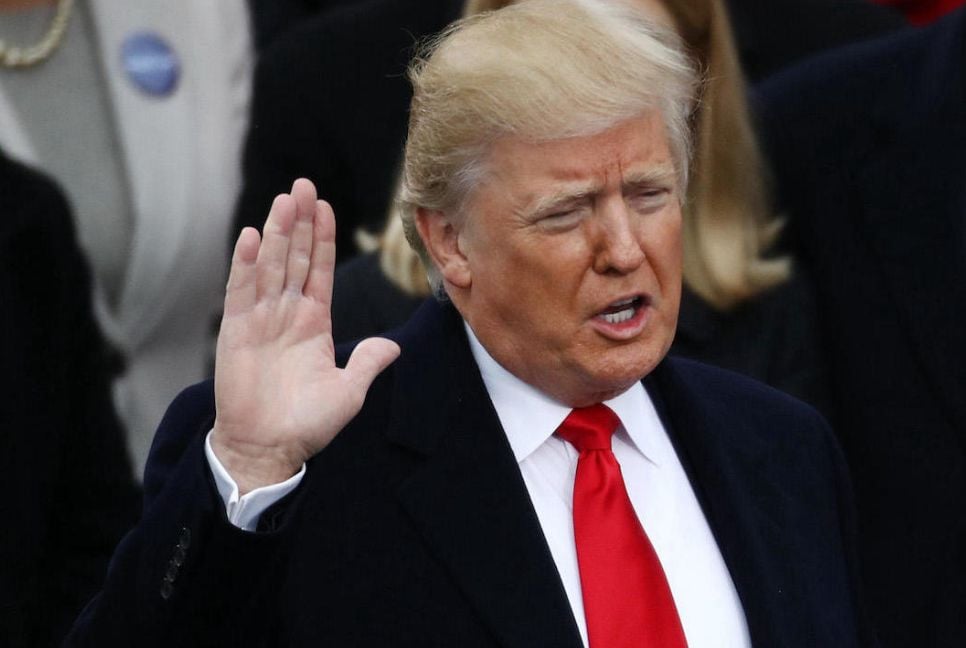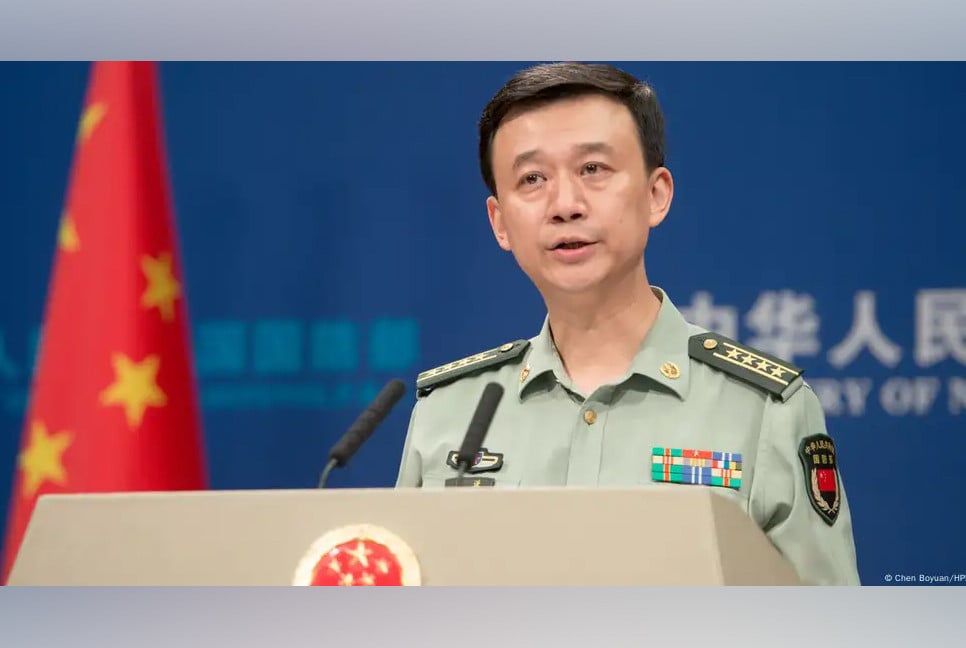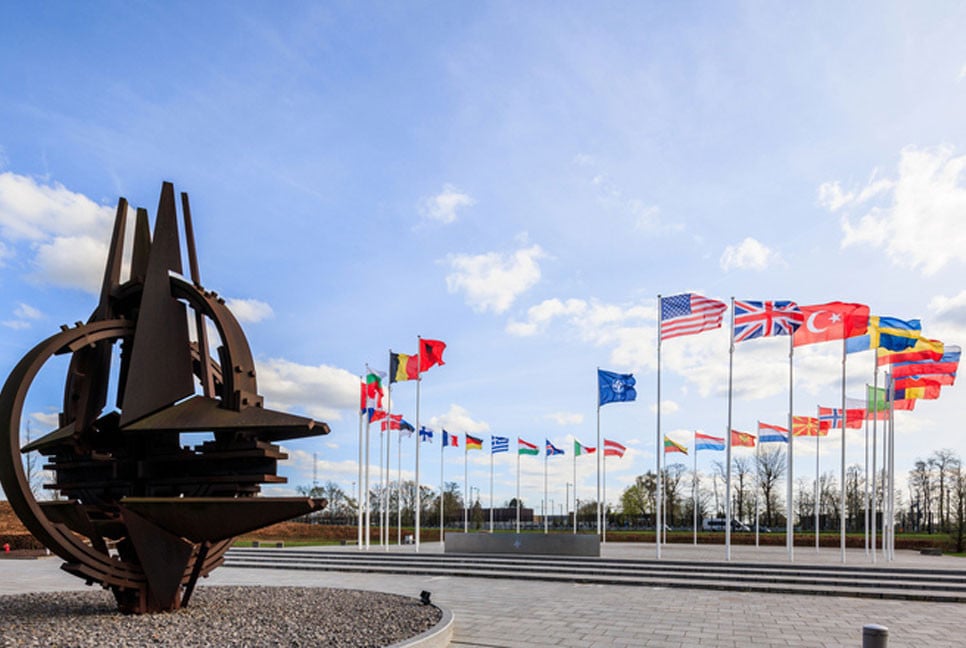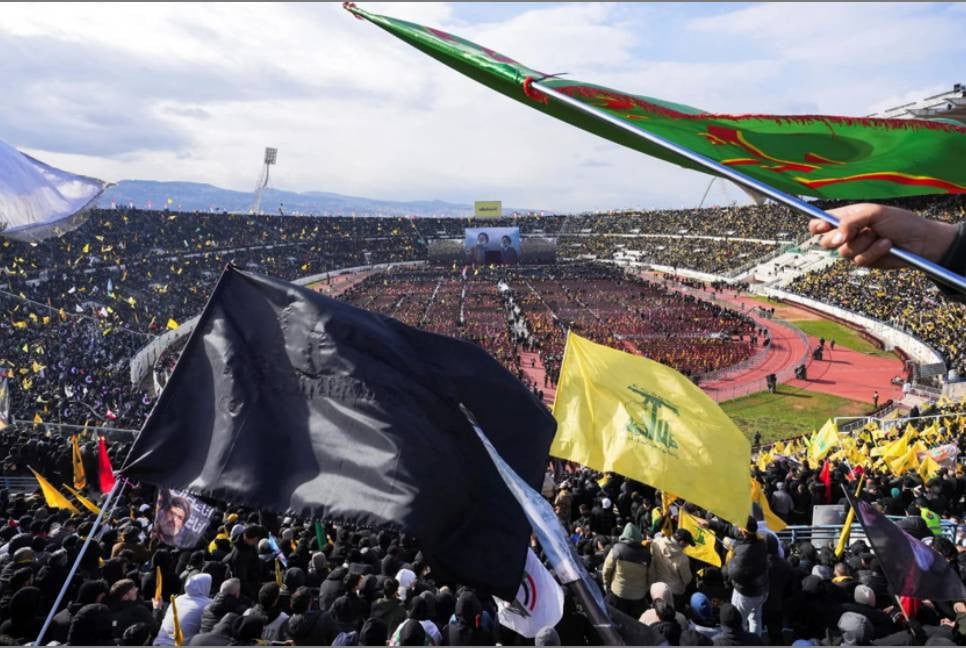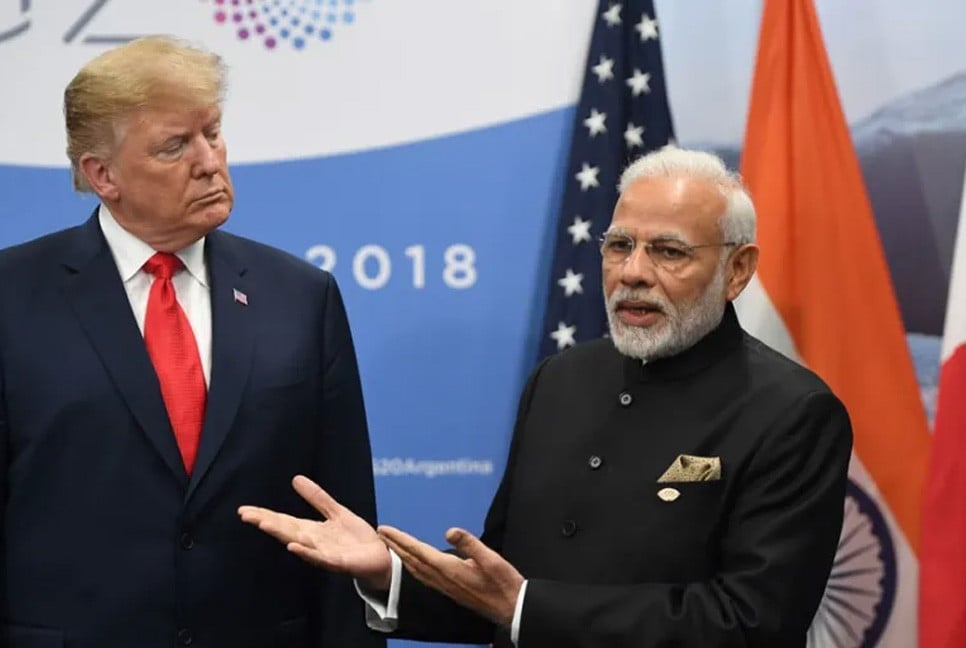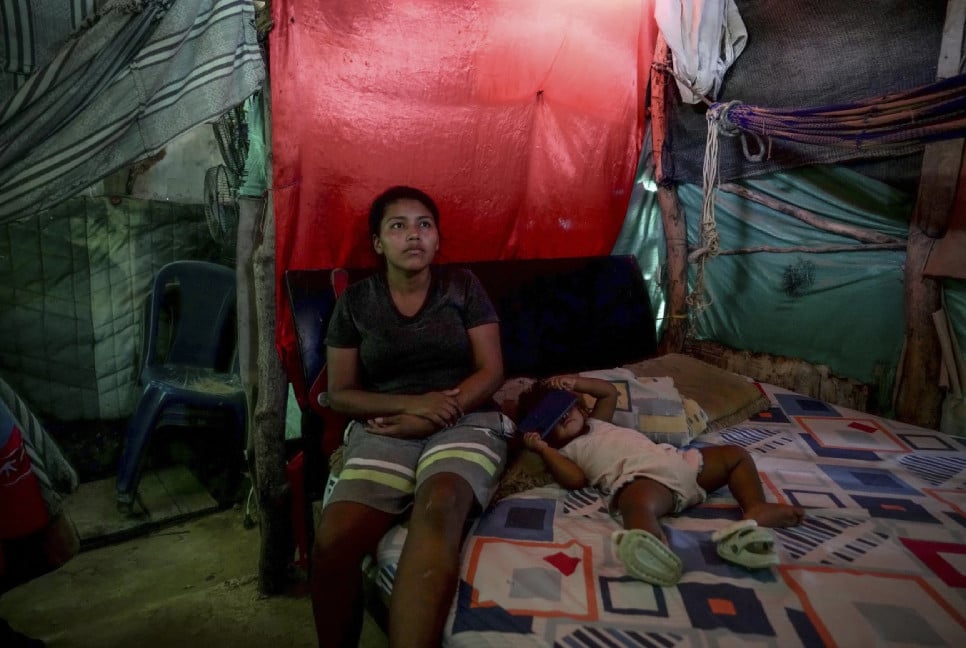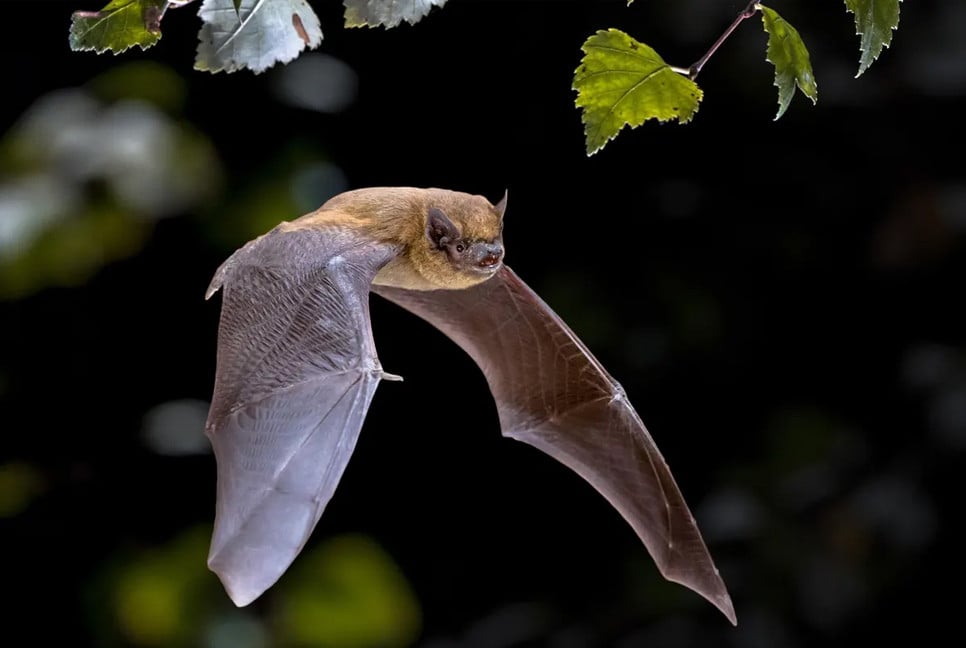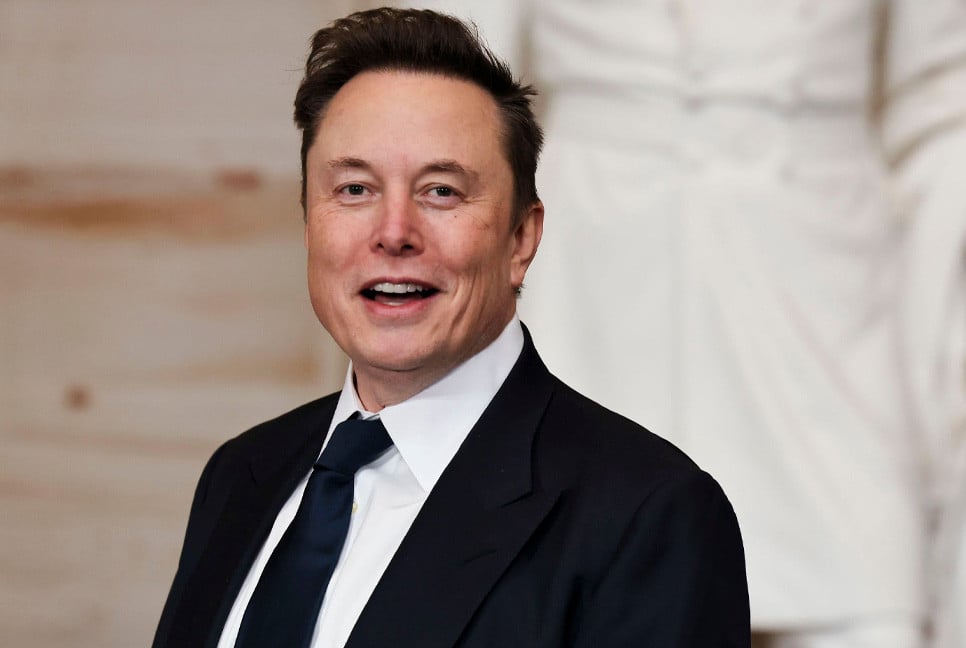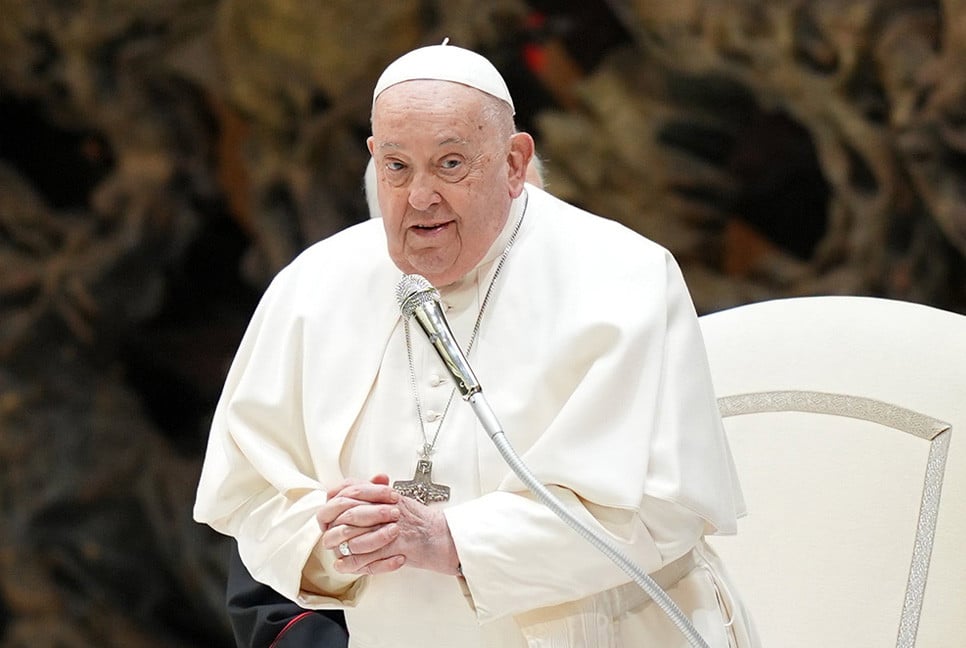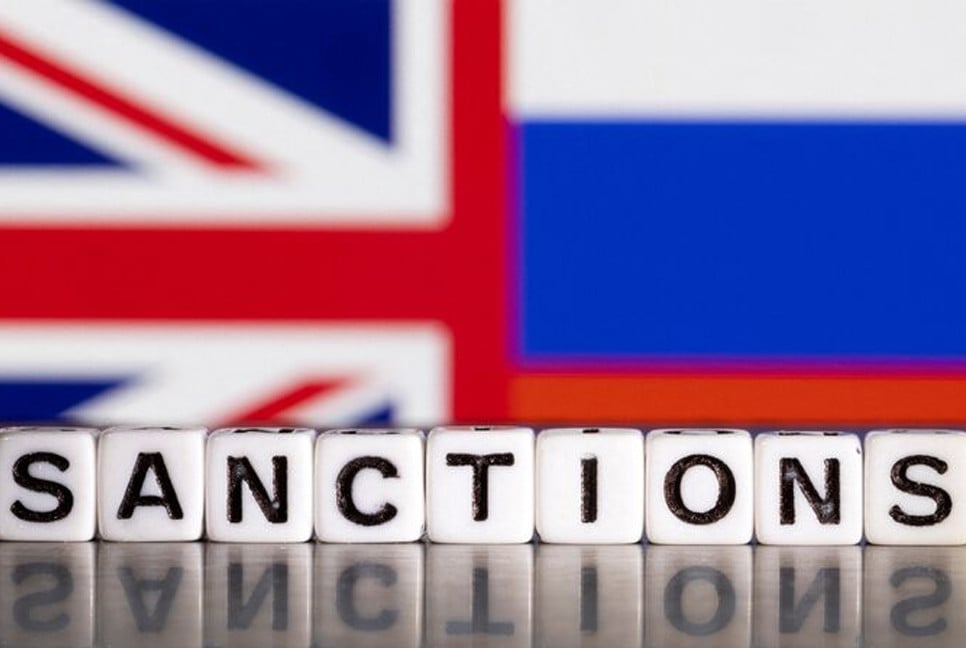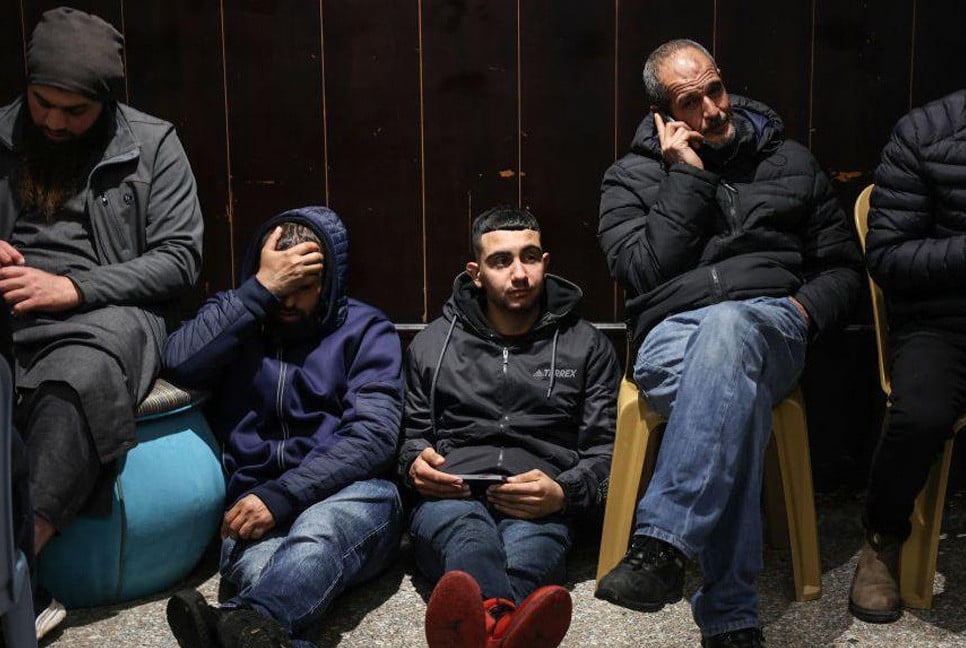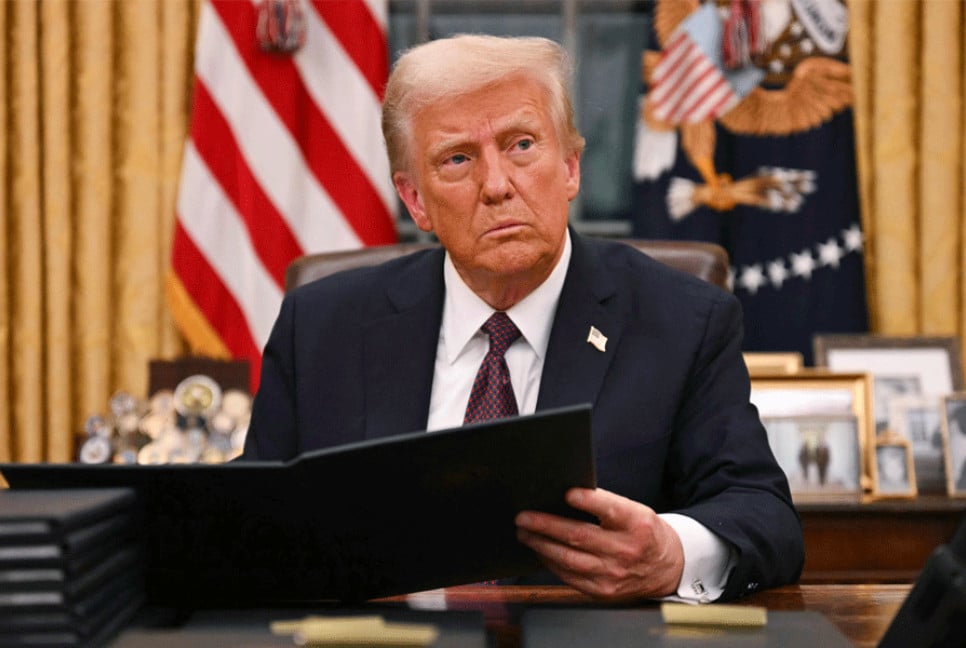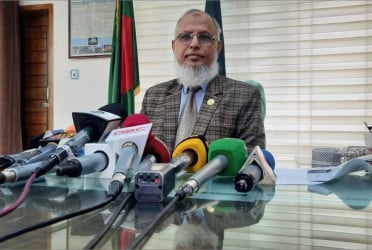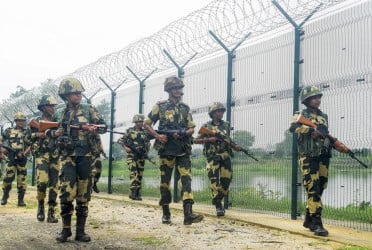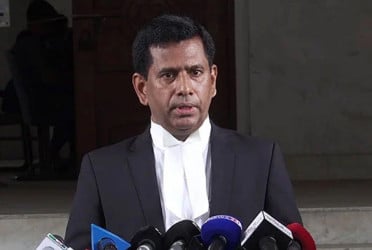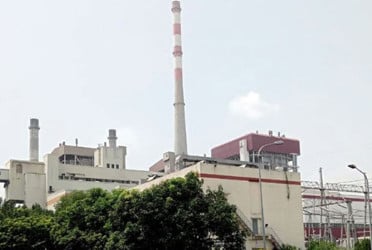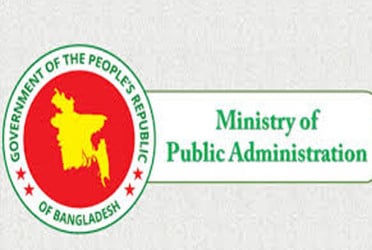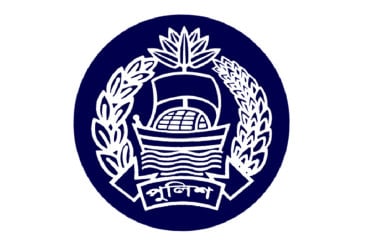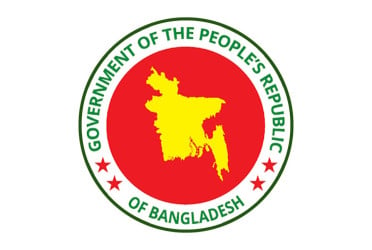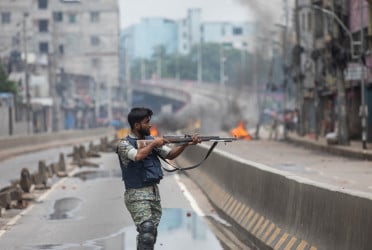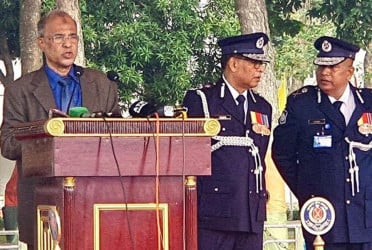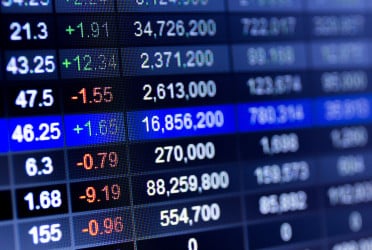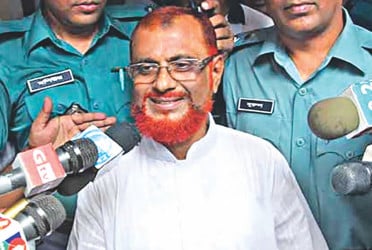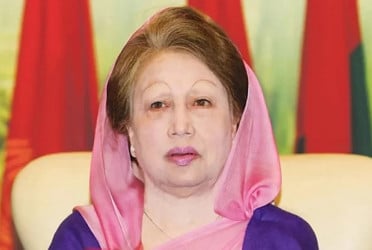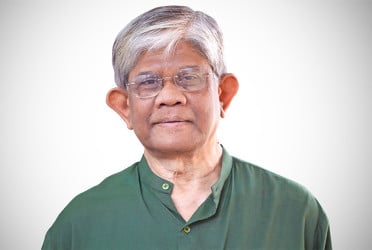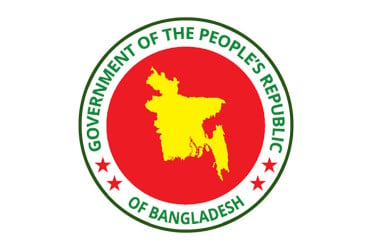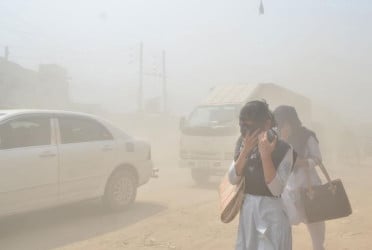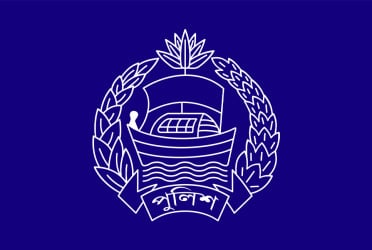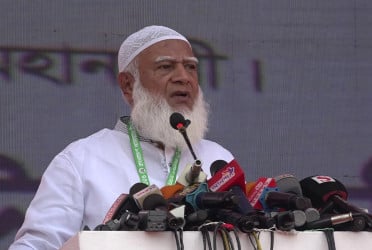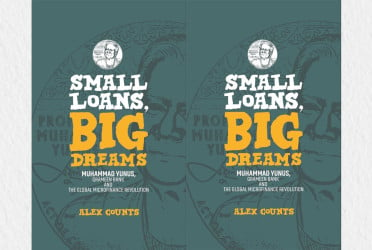As the United States braces for Donald Trump to assume office as the 47th president in January, several top universities have issued advisories urging international students, particularly those from India, to return to the country before the inauguration.
Concerns over potential travel bans have fuelled uncertainty amongst students and professionals studying and working in the US, reports UNB.
President-elect Trump, who will take the oath of office on 20 January, has outlined plans to implement sweeping executive orders on his first day, targeting immigration and economic policies. These announcements have reignited fears reminiscent of his first term in 2017, when nationals from seven predominantly Muslim countries faced immediate travel restrictions.
The University of Massachusetts Amherst has released a detailed advisory urging its international students and staff to consider returning to the US before 20 January. “Given that a new presidential administration can enact policies on their first day in office and based on previous experience with travel bans in 2017, this advisory is made out of an abundance of caution,” the university stated.
Similarly, Wesleyan University’s Office of International Student Affairs (OISA) has issued guidance, advising students to avoid being outside the country during the transition period. According to The Wesleyan Argus, the office’s email read: “The safest way to avoid difficulty re-entering the country is to be physically present in the US on 19 January and the days thereafter.”
At the Massachusetts Institute of Technology (MIT), Associate Dean David Elwell cautioned international students about the risks of travel during this period, citing potential visa processing delays and policy unpredictability. “With every election, there can be changes in policies, regulations, and legislation that impact higher education as well as immigration and visa status matters,” he wrote in a recent post.
These warnings have particularly resonated with Indian students, many of whom vividly recall the disruptions caused by Trump’s 2017 executive order. That ban not only sparked protests across the US but also affected thousands of students and professionals, raising significant concerns about the inclusivity of American immigration policies.
In response to these anxieties, universities are taking proactive measures to support their international students. Yale University recently hosted a webinar to address concerns about potential immigration policy changes. Other institutions have signalled their readiness to challenge any policies that may disrupt the academic ecosystem.
India’s Ministry of External Affairs has yet to issue a formal advisory but has urged Indian nationals in the US to remain vigilant and stay updated on travel regulations.
The US remains a top destination for Indian students pursuing higher education, with India surpassing China in 2023-2024 to become the leading country of origin for international students. According to the Open Doors 2024 Report on International Educational Exchange, 3,31,602 Indian students were enrolled in American institutions, marking a 23 per cent increase from the previous year. This demographic now represents a vital component of the US academic and cultural landscape.
As the date of the presidential inauguration approaches, the international student community continues to navigate this period of uncertainty with a mix of caution and resilience.
Source: With inputs from Indian media
Bd-pratidin English/Fariha Nowshin Chinika

